Hybrid Symposium

8th -9th September
Day(s)
:
Hour(s)
:
Minute(s)
:
Second(s)
PROGRAM
Exceptionally, in order to celebrate the 1st post-pandemic symposium edition, SPOSHO decided to grant viewing permission through Zoom to the Authors of the presented publications*. More information will be available soon by email.
* Please note that attendance certifications and further documents will be only available for authors with paid registration.
INVITED SPEAKERS
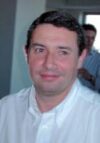
Renato Manuel Natal Jorge
Contributions of biomechanics to improve support for professionals in vaginal childbirth
Renato Manuel Natal Jorge is a Full Professor at the Faculty of Engineering of the University of Porto (FEUP) and Deputy Director of DEMec. His main research areas include Computational Mechanics, Biomedical Engineering, Biomechanics and Mechanobiology. He was a member (2011-2014) of the Institute of Mechanical Engineering (INEGI) executive board. Since 2015 he has been the Scientific Coordinator of the Design and Experimental Validation Research Unit of INEGI. Since 2013 he has been a member of LAETA’s board. Supervisor and co-supervisor of several Master and PhD Thesis. Co-author of more than 250 papers in international journals and collaboration in more than 500 papers in international conferences. His h-index is 41 (Scopus). Renato Natal is co-editor of many international books and guest-editor of several special issues of international journals. He has been evolved in several projects, both as a researcher and as a scientific coordinator. Additionally, he has been serving as a reviewer of several international journals and acted as co-organizer of several international conferences.
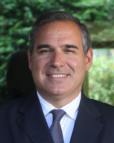
Miguel Chichorro Gonçalves
Preocupações com a Segurança Contra Incêndio em edifícios
(suited for Portuguese speakers only)
Miguel Chichorro Gonçalves is an Assistant Professor at the Faculty of Engineering, University of Porto. He is the coordinator and responsible Professor for the Continuing Education Course in Construction Management. He is regent Professor of the curricular units of Fire SafetyBuilding in the courses of the Masters in Civil Engineering, Occupational Safety and Hygiene and Integrated Building Design and Construction. His research interests/skills include Fire Risk Models, Structural Fire Calculation in Concrete Structures, framework of the Fire Safety Regulation in Buildings and Construction Management.
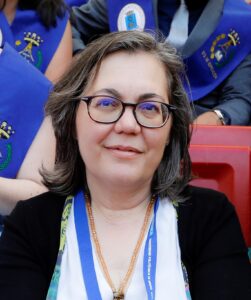
Maria de las Nieves Gonzalez Garcia
Reflexiones sobre la evaluación de riesgos laborales en el sector construcción
(suited for Spanish speakers only)
Maria de las Nieves Gonzalez Garcia is an Associate Professor with Habilitation in Prevention and Safety at the Polytechnic University of Madrid (UPM) and a member of the Academic Coordination Committee of the Doctoral Program in Technological Innovation in Construction. She received her PhD from UPM in 2010, having received the Extraordinary Doctorate Award and the Doctoral Thesis Results Dissemination Award in the doctoral programs of the Escuela Universitaria de Arquitectura Técnica de Madrid during the academic years 2008-09 to 2010-11. Coordinator of the UPM Research Group named Pathology of Structures, Collective Protections and Auxiliary Means of Building. She currently pursues two research lines: one on prevention and safety in construction and another on the mechanical behaviour of materials. She has supervised several master’s dissertations and doctoral theses in Spain and other countries, has published about one hundred articles in international journals and conferences, and is a guest editor of several special issues in journals in the area of Occupational Safety and Health.
Courses
The two courses will be available in presential mode only.
They are not mandatory. Nonetheless, they will be certified.
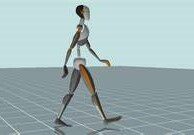
Motion Capture System in Ergonomic Analysis
About the course: Motion capture systems can support the creation of engineering solutions for the industry, such as improving jobs and contributing to occupational health and well-being. Bearing that in mind, this workshop will address the hardware that allows the capture of human movement. The typical approach for using such software and hardware and its generic uses will be presented. The MOCAP system added to multibody software will the discussed.
Speakers: Nilza Ramião and Marco Marques
Nilza Ramião has a PhD in Biomedical Engineering from the Faculty of Engineering of the University of Porto (FEUP). Her main research areas include Biomechanics, biomedical Engineering, and experimental mechanics. She performs Project Management and Business Development functions at INEGI, with the objective of promoting and developing strategies with companies and supporting national and international research and R&D projects in the areas of Engineering, Biomechanics and Health Sciences. She has experience in structuring actions for internal reorganization and market analysis in companies and clinics in the health sector, as well as in the support and development of several innovation projects in the same sector, participating in more than 50 national and European projects.
Marco Marques holds a PhD in Biomedical Engineering, having a background in R&D, mostly in projects in the fields of Engineering Sciences and Technologies, with a focus on Mechanical Engineering.
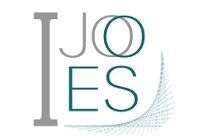
Good practices in writing scientific documents
Course promoted by the International Journal of Occupational and Environmental Safety.
Speaker: J. Santos Baptista
J. Santos Baptista is a Mining Engineer, Director of the Mining Engineering Department and member of the Scientific Council of the Faculty of Engineering of the University of Porto. Founder of the Master and Doctoral courses in Occupational Safety and Health (OSH) at the University of Porto. His research interests are in the areas of OHS, Ergonomics, and Mining Project. Supervised 20 doctoral theses, and more than 100 master’s dissertations were already completed in Portugal and abroad. In the last five years, more than 60 peer-reviewed articles have been published in Scientific Journals and Books, and 5 Books as editor. He is Editor of the International Journal of Occupational and Environmental Safety.
COMMITTEE
Honorary Chairman
A. Sérgio Miguel, University of Minho & University of Porto
Chairman
J. Santos Baptista, University of Porto
Secretary
Rui Melo, University of Lisbon
Organizing committee
Pedro Arezes, University of Minho
Ana Colim, University of Minho
Gonçalo Perestrelo, University of Porto
Jacqueline Castelo Branco, University of Porto
Joana Guedes, University of Porto
Mónica Barroso, University of Minho
Nélson Costa, University of Minho
Paula Carneiro, University of Minho
Susana Costa, University of Minho
Local organizing committee
Joana Duarte, University of Porto
J. Torres Costa, University of Porto
Mário Vaz, University of Porto
International scientific committee
Sérgio Miguel | Universidade do Minho/FEUP, Portugal
Alfredo Soeiro | Faculty of Engineering, University of Porto, Portugal
Ana C. Meira Castro | ISEP, School of Engineering of Polytechnic of Porto , Portugal
Ana Colim | University of Minho, Portugal
Ana Ferreira | Polytechnic Institute of Coimbra, Environmental Health, Portugal
Angélica S. G. Acioly | Federal University of Paraiba, Brazil
Anil R Kumar | San Jose State University, USA
Anna Sophia Piacenza Moraes | University of Minho, Portugal
Antonio Cezar Benoliel | Latin American Association of Safety at Work Engineering, Brazil
Antonio López Arquillos | University of Málaga, Spain
António Oliveira e Sousa | University of Algarve, Institute of Engineering (ISE), Portugal
António Pereira de Oliveria | APOPARTNER, Portugal
Bianca Vasconcelos | University of Pernambuco – UPE, Brazil
Camilo Valverde | Católica Porto Business School – Univ. Católica Portuguesa, Portugal
Carla Barros | Fernando Pessoa University, Portugal
Carla Viegas | ESTeSL-IPL, Portugal
Catarina Silva | Faculty of Human Kinetics, University of Lisbon, Portugal
Celeste Jacinto | Faculty of Science and Technology, NOVA University of Lisbon, Portugal
Celina Pinto Leão | School of Engineering of University of Minho, Portugal
Cristina Madureira dos Reis | University of Trás-os-Montes and Alto Douro, Portugal
Delfina Gabriela G Ramos | School of Engineering of Porto (ISEP), Polytechnic of Porto, Portugal
Denise Soares | American University of the Middle East, Kuwait
Eliane Maria Gorga Lago | University of Pernambuco, Brazil
Ema Sacadura Leite | CHLN Occupational Department, ENSP-New University of Lisbon, Portugal
Emília Duarte | IADE – Universidade Europeia, UNIDCOM, Portugal
Emilia R. Kohlman Rabbani | University of Pernambuco, Brazil
Fernanda Rodrigues | Civil Engineering Department – University of Aveiro, Portugal
Fernando Gonçalves Amaral | Universidade Federal do Rio Grande do Sul (UFRGS), Brazil
Filipa Carvalho | Laboratório de Ergonomia, FMH, CIAUD, Universidade de Lisboa, Portugal
Florentino Serranheira | NOVA National School of Public Health, Portugal
Francisco Fraga López | Universidad de Santiago de Compostela, Spain
Francisco Rebelo | ergoUX, FA, Universidade de Lisboa, Portugal
Francisco Silva | Technological Centre for Ceramics and Glass (CTCV), Portugal
Guilherme Teodoro Buest Neto | ABENC – Brazilian Association of Civil Engineers, Brazil
Gustavo Adolfo Rosal López | PrevenControl, Spain
Gyula Szabo | University of Obuda
Hernâni Veloso Neto | RICOT, Institute of Sociology, University of Porto, Portugal
Ignacio Pavón | ETSI Industriales, Universidad Politécnica de Madrid. Spain
Isabel Loureiro | University of Minho, Portugal
Isabel S. Silva | School of Psychology, University of Minho, Portugal
Jacqueline Castelo Branco | Faculty of Engineering, University of Porto, Portugal
Jesús A. Carrillo-Castrillo | Universidad de Sevilla, Spain
Joana C. Guedes | Faculty of Engineering, University of Porto, Portugal
Joana Santos | School of Health, Polytechnic Institute of Porto, Portugal
João Santos Baptista | Faculty of Engineering, University of Porto, Portugal
João Ventura | IN+ (Center for Innov., Technology and Policy Research), IST, Portugal
José Pedro T Domingues | Department of Production and Systems, University of Minho, Portugal
José Torres Costa | MD PHD Faculdade Medicina University Porto, Portugal
Juan Carlos Rubio-Romero | University of Málaga, Spain
Laura B. Martins | Federal University of Pernambuco, Brazil
Luis Antonio Franz | Federal University of Pelotas, Brazil
Maria Luísa Matos | Faculty of Engineering, University of Porto, Portugal
Luiz Silva | Federal University of Paraíba, CESET-LAT/DEP, Brazil
Maria Del Carmen Pardo-Ferreira | University of Málaga, Spain
Manuela Vieira da Silva | School of Health, Polytechnic Institute of Porto, Portugal
M.ª D. Martínez-Aires | Department of Building Construction, University of Granada, Spain
Maria José Marques Abreu | Department of Textile Engineering, University of Minho, Portugal
Marino Menozzi | Human Factors Engineering, ETH Zurich, Switzerland
Marta Santos | University of Porto, Portugal
Martin Lavallière | UQAC, Department of health sciences, Canada
Martina Kelly | National University of Ireland, Galway, Ireland
Matilde Alexandra Rodrigues | Polytechnic Institute of Porto, School of Health, Portugal
Mónica Paz Barroso | Universidade Minho/SPOSHO, Portugal
Nélson Costa | University of Minho, Portugal
Paula Carneiro | University of Minho, Portugal
Paulo Noriega | Faculty of Human Kinetics, University of Lisbon, Portugal
Paulo A. A. Oliveira | School of Technology and Management – Polytechnic of Porto, Portugal
Paulo Sampaio | University of Minho, Portugal
Paul Swuste | Safety Science and Security Group TUDelft, The Netherlands
Pedro Arezes | University of Minho, Portugal
Pedro NP Ferreira | Centre for Marine Technology and Ocean Engineering, IST-UL, Portugal
Pere Sanz-Gallen | Fac. Medicine and Health Sciences. University of Barcelona, Spain
Rui Azevedo | University Institute of Maia, Portugal
Rui B. Melo | Laboratório de Ergonomia, CIAUD, Universidade de Lisboa, Portugal
Rui Garganta | Oporto University. Faculty of Sport, Portugal
Sara Braganca | Solent University, United Kingdom
Susana Costa | University of Minho, Portugal
Susana Paixao | IPC, Coimbra Health School, Environmental Health Dep, Portugal
Susana Patrícia Bastos de Sousa | INEGI, Portugal
Susana Viegas | NOVA National School of Public Health, Portugal
Tânia Miranda Lima | University of Beira Interior, Portugal
Teerayut Sa-ngiamsak | Burapha University, Industrial Hygiene and Safety Department, Thailand
Tomi Zlatar | University of Pernambuco – UPE, Brazil
Waldemar Karwowski | University of Central Florida, USA
Task force
Felicidade Niquice | Faculty of Engineering, University of Porto, Portugal
Marcelo Ribeiro | Faculty of Engineering, University of Porto, Portugal
Maria Fernandes | Faculty of Engineering, University of Porto, Portugal
Tatiana Teixeira | Faculty of Engineering, University of Porto, Portugal
SUBMISSIONS
- Book Chapters published by Springer and indexed at Scopus without additional charges.
- Acceptance of “Commercial Articles” in the Proceedings Book, in a special highlighted section.
- The fee of the members of the Portuguese Society for Occupational Safety and Hygiene (Sociedade Portuguesa de Segurança e Higiene Ocupacionais, SPOSHO) for 2022 (or 2023, if 2022 is already paid) is now included in the registration at SHO2022. Non-members who desire to apply for membership in the Society can do so without the need to pay an “entrance fee”. To do so, they must fill in the application form HERE, which will be later assessed by the SPOSHO Directorate, under the respective statutes.
Please, read the following authors’ instructions carefully before you submit your work.
Authors will be able to choose between three major types of submission:
- Book Chapter – English. All works that comply with the rules referred in authors’ instructions can apply for the Book Chapter. The works will be selected in two phases: 1st Formal verification by the SHO2022 International Scientific Committee (ISC), 2nd Scientific evaluation carried out by, at least, two members of the ISC. Papers with an ISC average rating of 1 (or more points) on a scale from -3 to +3 points will be accepted. Unselected papers are automatically re-classified as Proceeding Articles for possible publication in the Proceedings Book.
- Proceeding Articles – Portuguese or English. In this category includes articles selected by the ISC decision or authors submission option.
- Commercial Articles – products disclosure, services or brands (new section), submitted in compliance with the general rules of the Proceeding Articles, despite having its own highlighted section.
Publication title: Occupational and Environmental Safety and Health IV, edited by Springer, and indexed at SCOPUS;
- Only English-written manuscripts*
- Papers submitted until March 20, 2022 with an average ISC rating of 1 or more points on a scale of -3 to 3 points;
- The presentation at the Symposium must be delievered in English
* Every submitted manuscript, despite category, will be subjected to an automatic process for grammatical checking and linguistic quality. SHO2022 provides proofreading services for authors who request it.
Reviewer instructions can be found at this link.
Article
Publication title: Occupational Safety and Hygiene – SHO2022 Proceedings Book, edited by SPOSHO, with ISBN, and indexed at ISI Proceedings;
- Portuguese or English written manuscripts;
- The presentation at the Symposium must be delivered in the same language in which the article is written.
IMPORTANT NOTES
Submission must be made electronically on the PLATFORM, considering the deadline that follows.
The inclusion of accepted manuscripts at the symposium publications presupposes that the authors commit themselves to make their respective presentation at the event. In the case that they do not do so, and do not provide a plain justification for their absence, they will be prevented from publishing in subsequent editions of the event.
TO PREVIEW THE LIST OF RELEVANT TOPICS CLICK HERE
Manuscripts applying to Book Chapter
- Submission until: March 20, 2022 NEW DATE: March 31, 2022
- Preliminary decision by ICC: April 22, 2022
- Revised manuscript submission until: May 15, 2022
- Final decision until: May 27, 2022
Until June 17, at least one of the authors has to be registered in SHO2022
Articles submission
- Submission until: May 27, 2022 NEW DATE: June 12, 2022
- Preliminary decision by ISC until: July 4, 2022
- Revised manuscript submission until: July 10, 2022
- Final decision until: July 29, 2022
Until September 2, at least one of the authors has to be registered in SHO2022
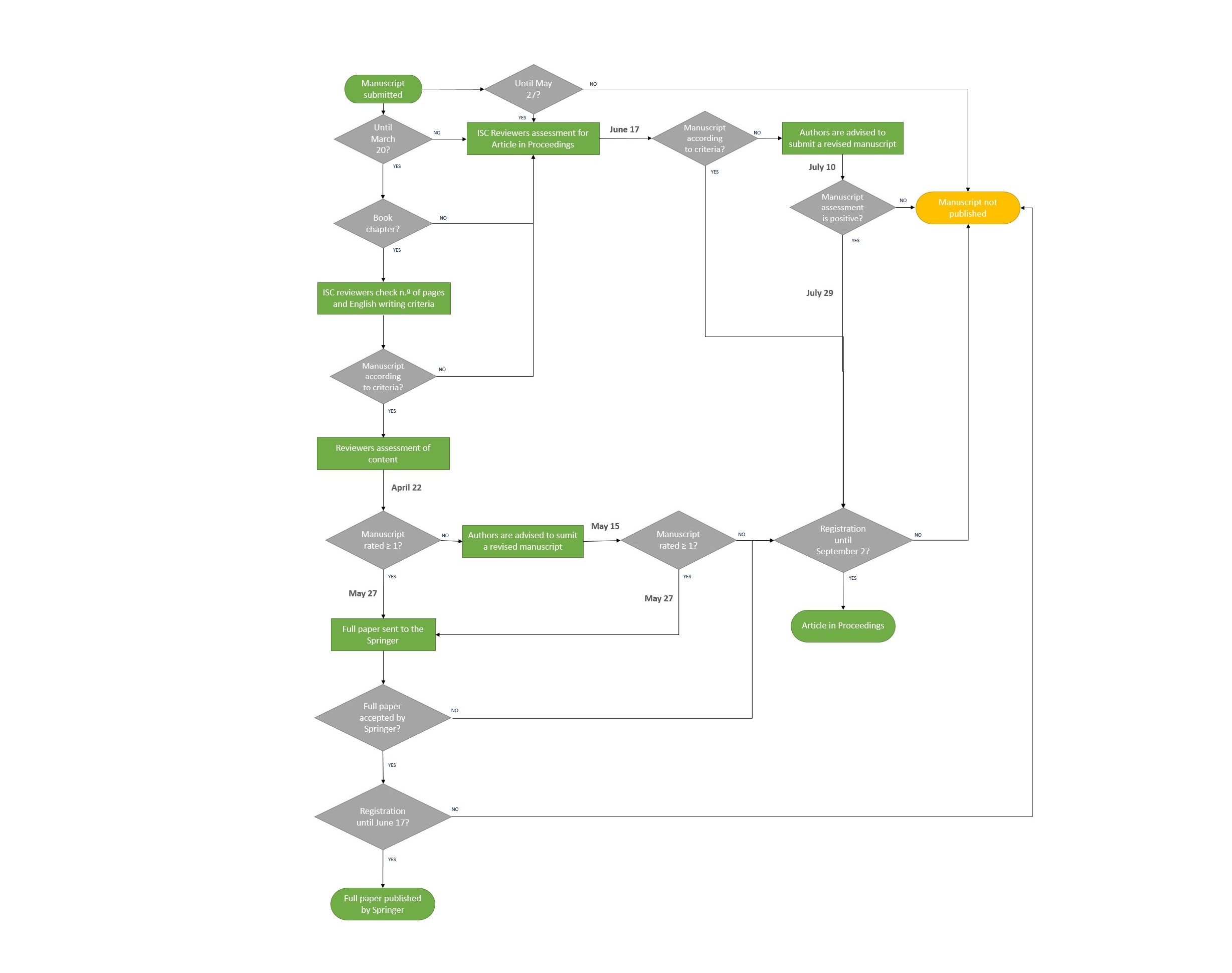
SYMPOSIUM PRESENTATIONS
GENERAL INSTRUCTIONS FOR PRESENTATIONS
Presentations should be between 10-12 minutes, leaving a window of 3-5 minutes open for discussion.
Virtual presentations: all virtual presentations must be sent to sho2022@sposho.pt prior to the symposium, according to the instructions provided by email. On the day of the presentation, authors must log in 5 minutes prior to the session beginning. There will be a period for Q&A at the end of each presentation. Therefore, the presenting author must be available to address any questions.
Room presentations: presentations must be sent to sho2022@sposho.pt prior to the symposium, according to the instructions provided by email. Presenting authors must check in 5 minutes before the session starts to receive general instructions from the Chairman.
GENERAL INSTRUCTIONS FOR POSTERS
Please use the template available here.
Posters must be delivered to the task force at the registration on the first day of the symposium.
During the poster sessions, authors should be available to discuss their work.
JOURNAL PUBLICATION INVITATION
After prior selection, some authors will be invited to submit an extended version of their manuscripts on the following international journal:
International Journal of Occupational and Environmental Safety (IJOOES) is an interdisciplinary journal with peer review, promoted by the Portuguese Occupational Safety and Health Society for the publication of original research. The authors of the best articles presented at SHO 2022 will be later contacted by IJOOES to publish an extended version of their work.
REGISTRation
The registration can be done online HERE.
For more information on registration or special cases, contact the Organizing Committee: sho2022@sposho.pt
Registration fee
The registration fee will include:
– The proceedings book “Occupational Safety and Hygiene – SHO2022 Proceedings Book” (PDF);
– “Occupational and Environmental Safety and Health IV” edited by Springer (PDF);
– Attendance certificate (sent by email, at the end of the event);
– Each registration as author will be entitled to the presentation of one work.
– Author certificate of Proceedings article/Book Chapter
– SPOSHO registration fee offer for 2022 (or 2023, if 2022 is already paid) (SPOSHO fee – 30€/year).
| Until July 1, 2022 | After July 1, 2022 | |
| Without presentation of any work* | 120 € | 150 € |
| Author** | 180 € | 210 € |
| Student/Unemployed*** | 80 € | 100 € |
| Commercial Article**** | 100 € | 100 € |
| Additional Article/Book Chapter | 40 € | 40 € |
* No paper presentation (In person/Virtual Presentation or Poster). Participant is entitled to attend all presentations, and receive an attendance certificate.
** For Book chapter or Proceedings article, at least one of the authors must be registered (and have a payed registration fee) by the date under “SUBMISSION DEADLINES“
*** To be considered a student, you must be under 30 years old, and must present a statement from the educational institution. The unemployed must present a statement/document proving the situation at the time of registration. Students and unemployed are entitled to submit an additional work without increasing the registration fee.
**** Requires the registration of, at least, one speaker as an author. Commercial articles will be included in the Proceedings Book in a proper highlighted section.
Payment
Bank transfer to:
IBAN PT50 0035 0130 00003896130 32
Additionally, an email should be sent to sho2022@sposho.pt containing the following information:
– Name
– Citizen identification/Passport
– Bank transfer date
– VAT number (for invoice purposes)
– Proof of transfer
If you are an author, you should also include:
– Manuscript title
– Manuscript number
Cancellation and refund policy
Only requests for cancellation of registration prior to July 1, 2022 will be refunded at 100%. For orders placed between July 1 and July 22, 2022, a refund of only 60% of the amount paid will be made. After July 22, 2022 no refunds will be made.
Organisation

Co-Organisers

SPONSORS
Institutional Partners
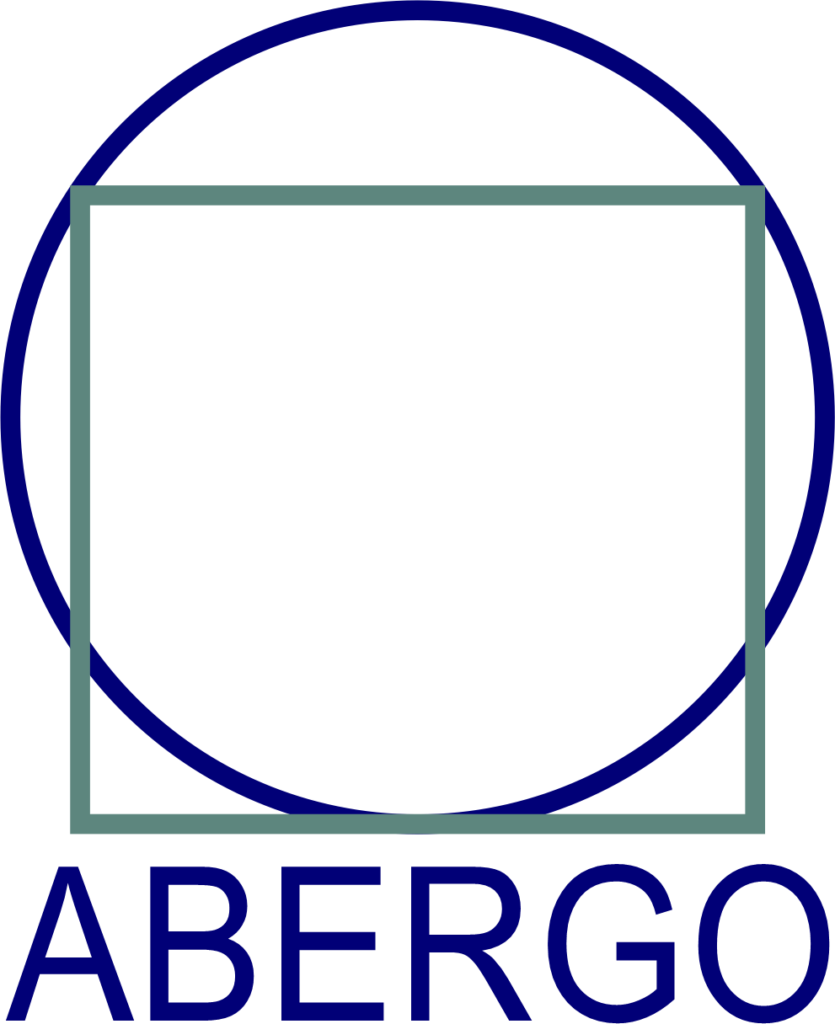

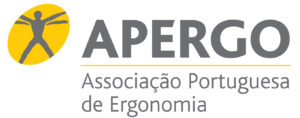
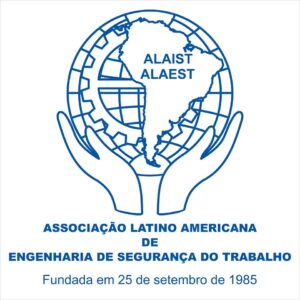
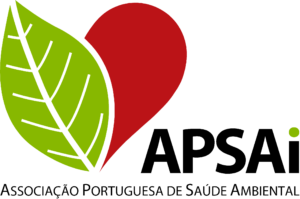
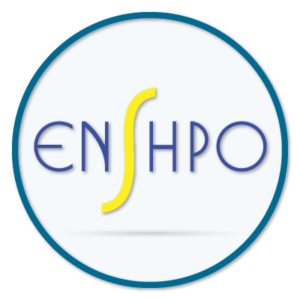


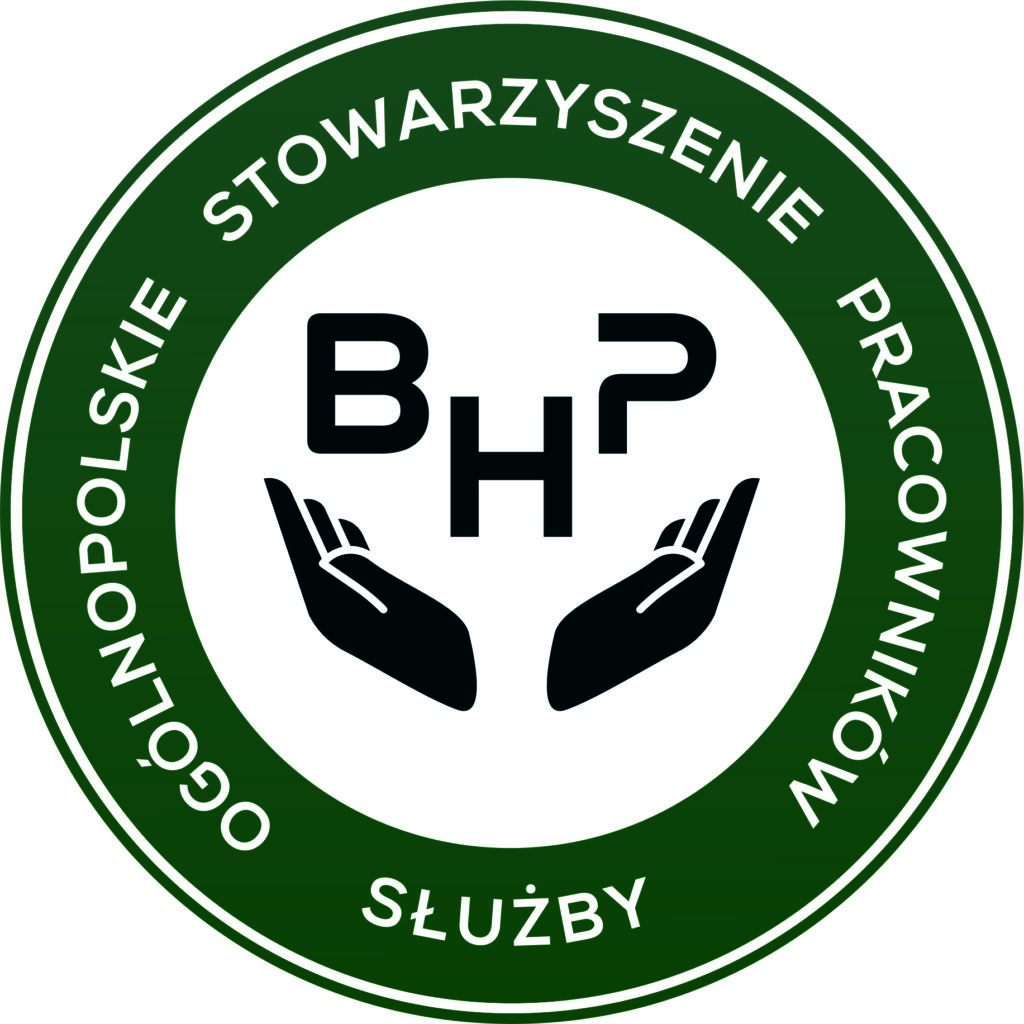
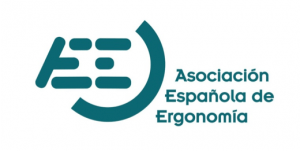
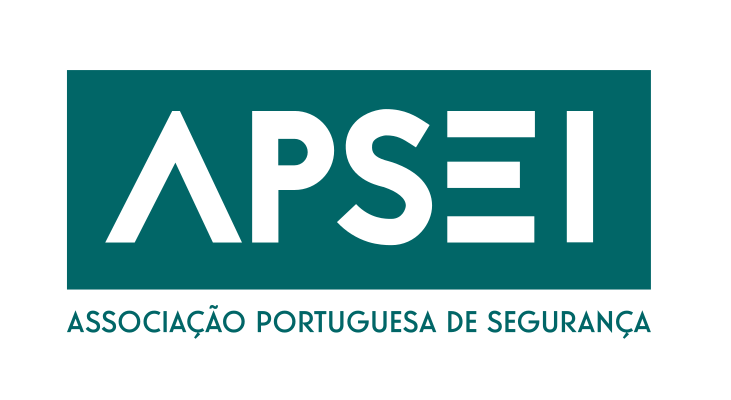

Media Partners

Sponsors
Venue
The main sessions will take place in the Auditorium of the Faculty of Medicine of the University of Porto. The parallel sessions will take place in rooms near the main auditorium, to be announced.
How to get to OPorto/Faculty of Medicine of the University of Porto? The nearest airport is OPorto airport, “Francisco Sá Carneiro Airport” (~ 15 km). You can take the trip from the airport to the city centre using a shuttle (for more information, you can visit this link). Alternatively, you can take a taxi (~ 15 km), or a cheaper option is to go by metro, using the “Metro do Porto” (www.metrodoporto.pt). By car and using a navigation system, the Faculty of Medicine of the University of Porto can be identified through the following address: Rua Dr Plácido da Costa, 4200-450 Porto, Portugal
CONTACTS
Organizing Committee
E-mail: sho2022@sposho.pt
DEM, Faculdade de Engenharia da Universidade do Porto
Rua Dr. Roberto Frias, s/n, 4200-465 Porto, PORTUGAL
